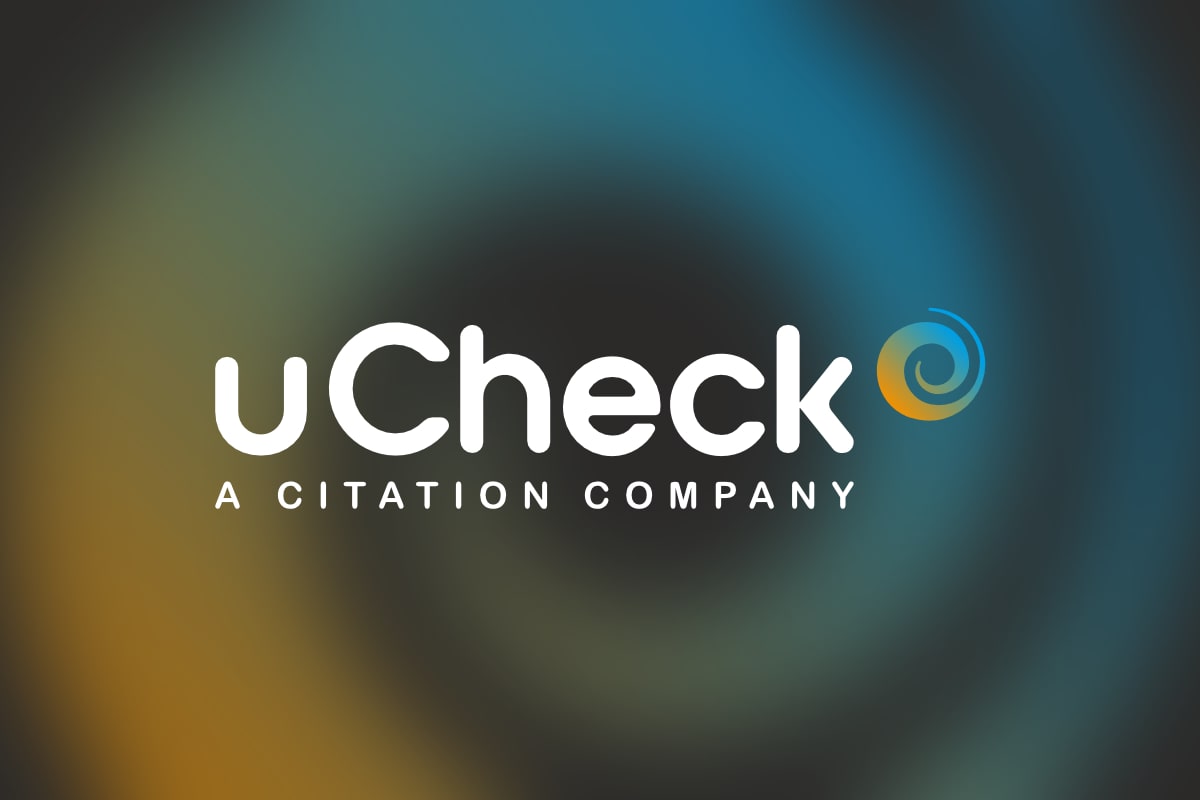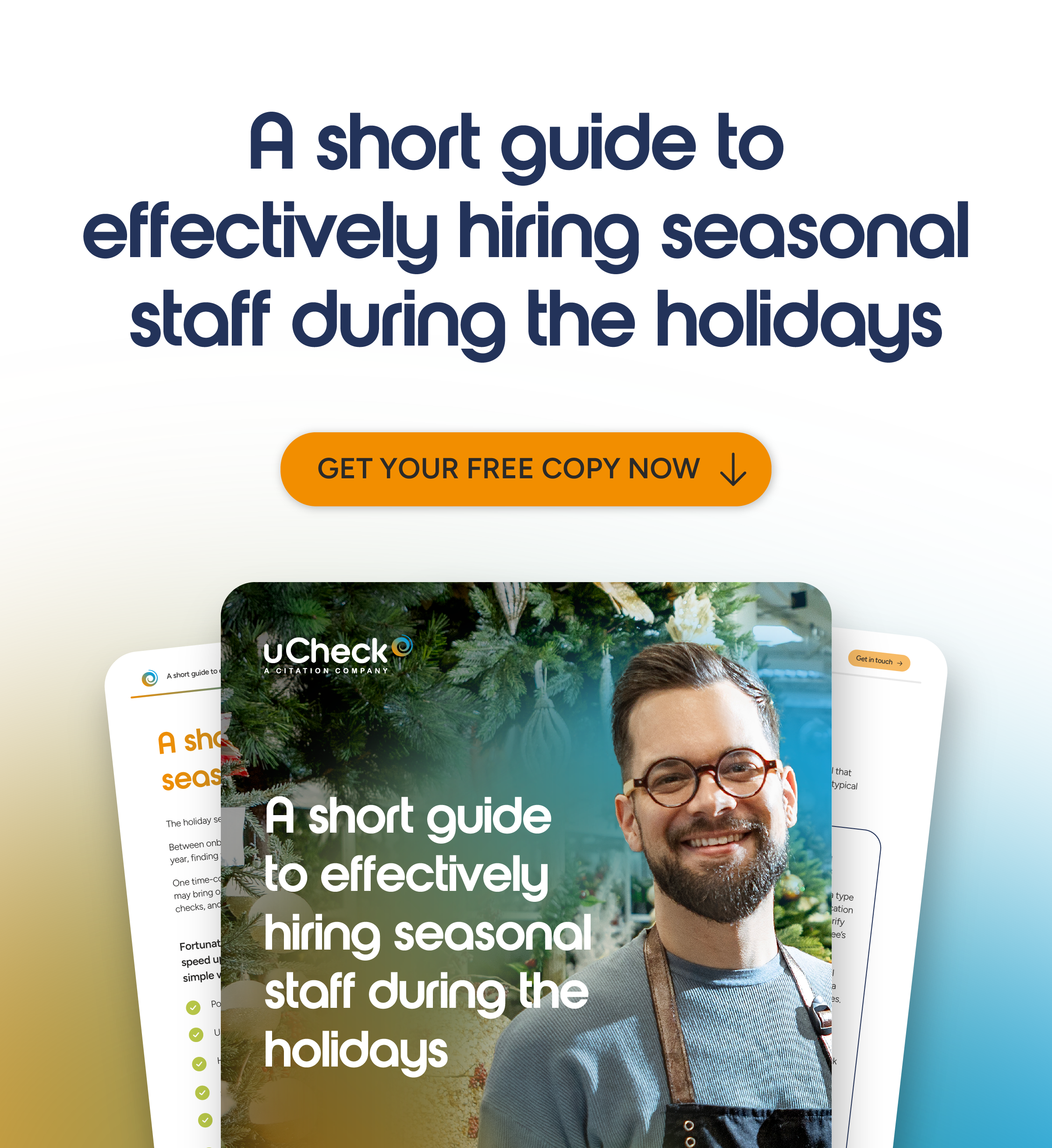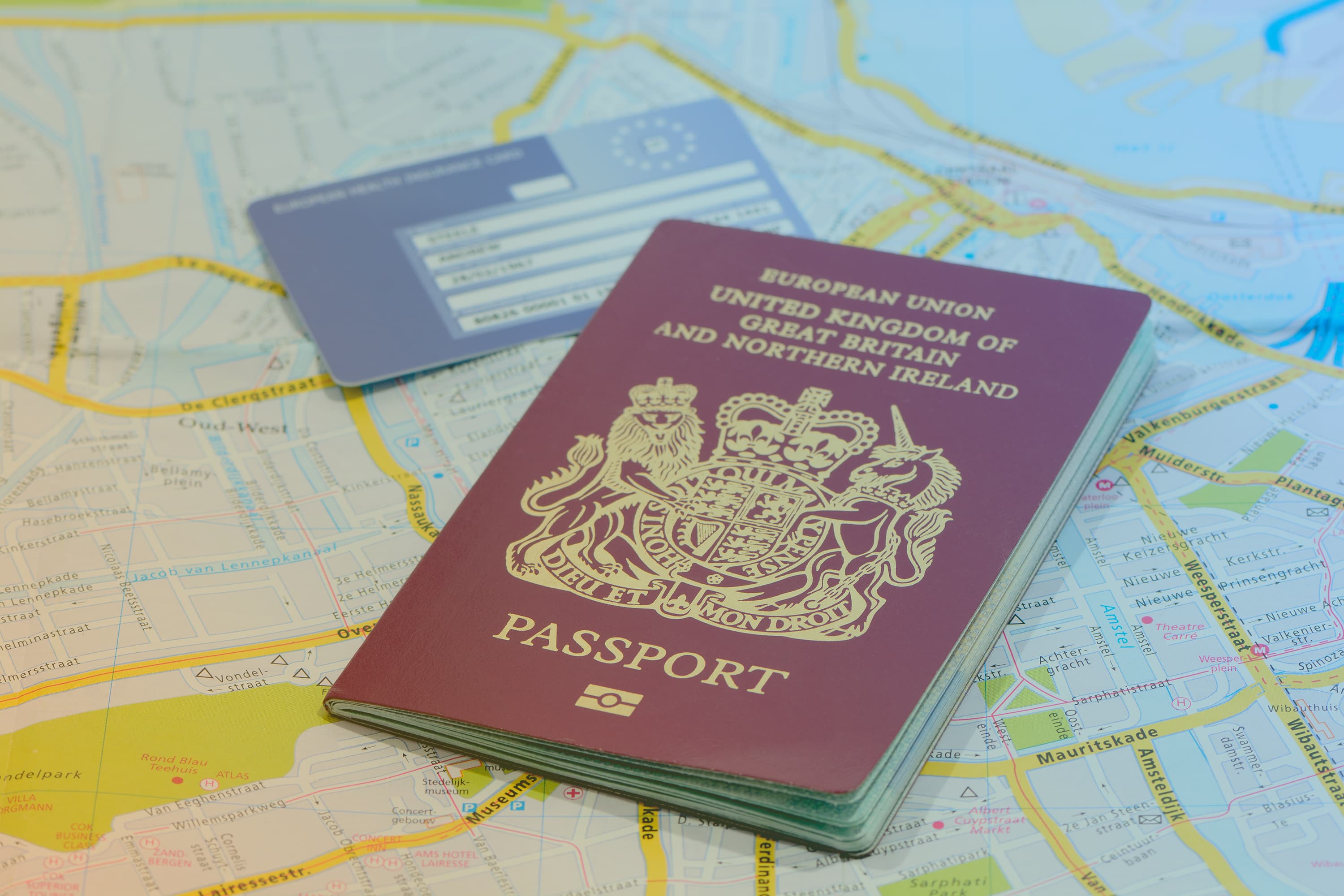Let’s begin with a bit of an overview of what DBS checks actually are. In short, they’re criminal record checks issued by the Disclosure and Barring Service which provide details of an applicant’s criminal history (or lack thereof).
What types of DBS checks are there?
In the UK there are three main levels of DBS checks. These include:
- Enhanced
- Basic
- Standard
In this blog, we’ll explain all three of these checks, including what they’re for, what they check, how to get one, why they’re important, and more.
What is checked on a DBS check?
A DBS check can reveal a variety of information depending on the level of check conducted. This can include:
- Unspent convictions: These are convictions that are still legally relevant and have not been removed from an individual’s record.
- Spent convictions: These are convictions that, after a certain period of time, are considered spent and don’t need to be disclosed in most circumstances. However, they may still appear on a DBS certificate depending on the level of check and the nature of the offence.
- Cautions, warnings, and reprimands: These are less serious than convictions but can still be disclosed on a DBS certificate.
- Police intelligence: In some cases, police may add relevant information to a DBS certificate even if it hasn’t led to a conviction.
- Barred lists: Enhanced DBS checks can include checks against the children’s and adults’ barred lists. These lists contain individuals who are barred from working with vulnerable groups.
Enhanced DBS
What is an Enhanced DBS check?
An Enhanced DBS check is the most comprehensive level of DBS check available, and includes checks against the children and adults’ barred lists.
What shows up on an Enhanced DBS check?
This level of check will detail both an applicant’s spent and unspent convictions, as well as any cautions, warnings or reprimands they may have received, as long as they’re not protected. It can also check the barred lists if needed, and allows for the police to disclose any additional information they may have, if relevant.
Who needs an Enhanced DBS check?
You can only request this level of check on behalf of applicants who are working or volunteering in certain roles. For Enhanced DBS checks, this typically includes those interacting with children or vulnerable adults.
For example, this can include roles such as:
- Teachers and teaching assistants
- Social workers
- Healthcare professionals
- Childcare providers
- Security personnel working with vulnerable groups
How to get an Enhanced DBS check
Enhanced DBS checks can’t be applied for by individuals themselves. They must be requested by an employer or a registered umbrella body. Here’s a basic outline of the process:
- The applicant completes an application form, providing personal details and information about their role.
- The employer or umbrella body submits the application to the DBS, along with any required supporting documents.
- The DBS processes the application and conducts the necessary checks.
- The DBS issues a certificate to the applicant, which details any information found.
Why are Enhanced DBS checks important?
Enhanced DBS checks play a crucial role in safeguarding children and vulnerable adults. Here’s why they’re so important:
- Protecting vulnerable groups: By identifying individuals with a history of relevant offences, Enhanced DBS checks help to prevent unsuitable people from working with vulnerable groups.
- Promoting safer recruitment: They provide employers with valuable information to make informed recruitment decisions.
- Building trust and confidence: They demonstrate an organisation’s commitment to safeguarding and help to build trust with service users and the wider public.
- Legal requirement: In many roles involving contact with children or vulnerable adults, an Enhanced DBS check is a legal requirement.
Standard DBS
What is a Standard DBS check?
A Standard DBS check is a check issued by the Disclosure and Barring Service which contains comprehensive criminal record information, but doesn’t include barred list checks.
What does a Standard DBS check show?
Like the beginning of the Enhanced DBS check, a Standard check details both an applicant’s spent and unspent convictions, as well as any cautions, warnings or reprimands they may have received, so long as they aren’t protected.
Who needs a Standard DBS check?
You can only request a Standard DBS as an organisation on behalf of applicants who are working or volunteering in certain roles. For a Standard DBS, these are commonly those working in certain finance or legal roles, including:
- Accountants
- Solicitors
- Financial advisors
- Judges
- Police officers
How to get a Standard DBS check
Similar to Enhanced DBS checks, Standard DBS checks must be requested by an employer or a registered umbrella body. If someone wants to get one, then it follows the same process as getting an Enhanced DBS check, as detailed above.
Why are Standard DBS checks important?
Standard DBS checks are important for a number of reasons:
- Protecting sensitive information: In roles involving access to sensitive financial or legal information, Standard DBS checks help to ensure that certain individuals, such as those with a history of dishonesty or criminal activity, aren’t placed in positions of trust.
- Maintaining professional standards: They help to uphold the integrity and reputation of certain professions.
- Meeting regulatory requirements: In some sectors, Standard DBS checks may be a regulatory requirement.
Basic DBS
What is a Basic DBS check?
A Basic DBS check is a check issued by the Disclosure and Barring Service. It’s the lowest level of DBS check available meaning there are no eligibility requirements in place to apply for one.
What shows on a Basic DBS check?
A Basic DBS check details any convictions considered unspent under The Rehabilitation of Offenders Act 1974. These are commonly referred to as recent and/or serious convictions.
Who needs a Basic DBS check?
This check has no eligibility criteria in place, meaning any employer can request it on behalf of their prospective employees or volunteers. The check isn’t job–specific and may be used more than once.
Employers should take care to ensure that this is the most suitable level of check for their applicants, and that they’re not eligible for a higher level, such as a Standard or Enhanced DBS, before requesting a Basic DBS.
How to get a Basic DBS check
Unlike Enhanced and Standard DBS checks, individuals can apply for a Basic DBS check themselves. They can also be requested by employers. Here’s how the process typically works:
- The applicant completes an application form, providing their personal details.
- The application is submitted to the DBS, along with any required supporting documents.
- The DBS processes the application and conducts the necessary checks.
- The DBS issues a certificate to the applicant.
Why are Basic DBS checks important?
Despite being the lowest level of check, Basic DBS checks can still provide valuable information for employers. Here’s why they’re important:
- Due diligence: They demonstrate that an employer has taken steps to check an applicant’s criminal history.
- Informed decision-making: They provide employers with the knowledge to make informed recruitment decisions.
- Peace of mind: They can help to create a safer working environment.
Get your DBS checks with uCheck
Need more answers on ‘what are DBS checks’ and any other questions you might have? Be sure to get in touch with us if you have any further questions. You can apply for a number of DBS checks through our simple online platform. Tight on time? Don’t worry, most checks are completed within 48 hours, so get started now for more peace of mind when it comes to recruiting!







